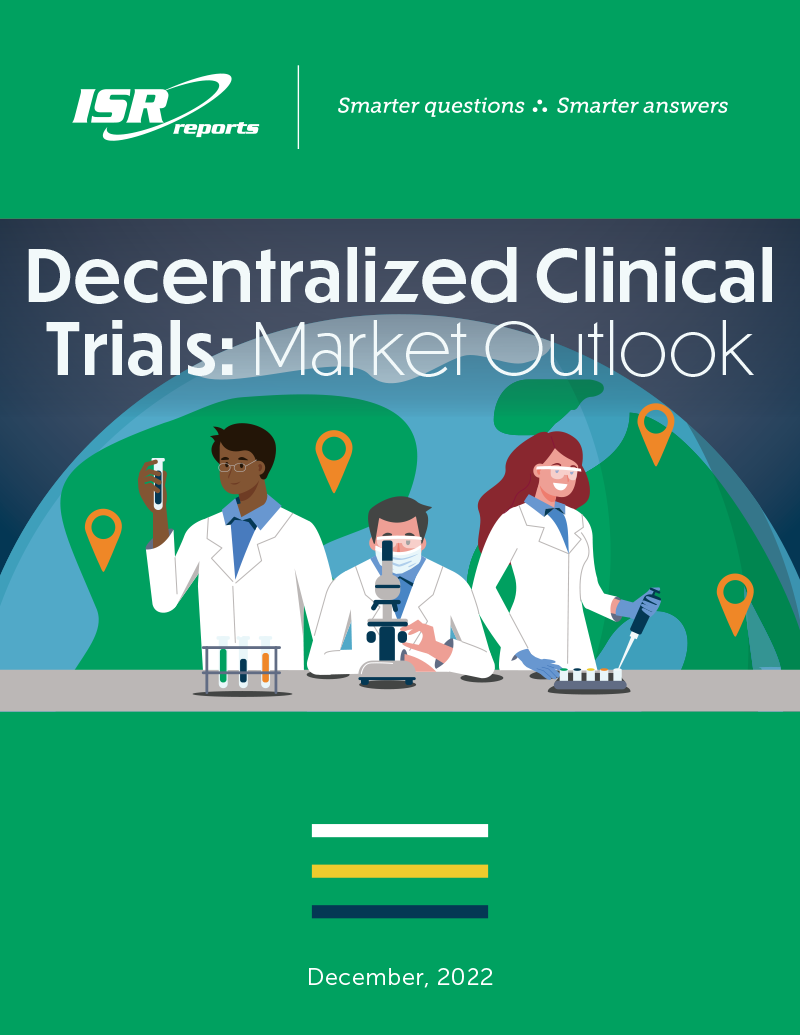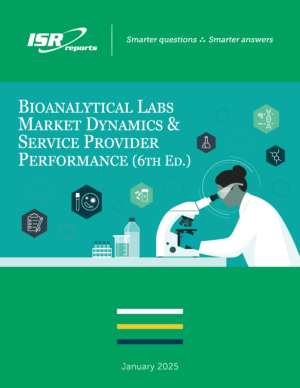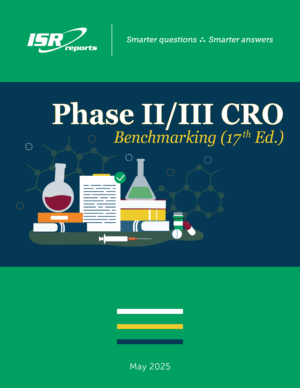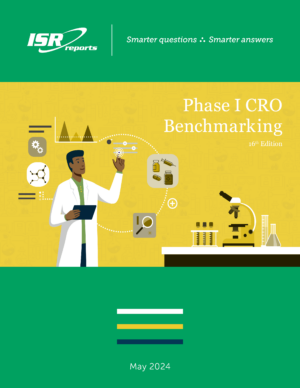Decentralized Clinical Trials Market Outlook
$5,650.00 – $11,300.00
December 2022
Licensing Options
- SINGLE-USER LICENSE
A Single-User License allows access to an individual user.
- ENTERPRISE-WIDE LICENSE
An Enterprise-Wide License allows access to all employees and sites within an organization.
Report Overview
Over the past few years, many pivoted to some form of remote work to conduct necessary business despite the COVID-19 pandemic. This was true of the pharmaceutical arena as well. In an effort not to disrupt drug development, the use of decentralized trials escalated quickly. Drug development is complex, there is a lot at stake, and it can be challenging to stay on top of the latest trends and advancements in the space. With this report, ISR aims to help readers better understand the experience of running decentralized trials, how service providers are perceived and used, and predictions for decentralized trials over the next few years.
We surveyed 114 respondents at pharmaceutical organizations and Contract Research Organizations regarding their experiences with decentralized trials. Though not all reported a smooth, pain-free experience, nearly 60% of respondents came away with a positive overall impression of decentralized trials and only 9% reported a negative impression. Even with some aspects regarded as challenging, respondents do not seem to consider decentralized trials as a temporary solution to be discarded after the pandemic has subsided. In fact, 80% of respondents expect this model to be used more frequently than the traditional trial model over the next three years. Altogether, these results indicate the importance and anticipated permanence of decentralized trials.
What you will learn:
Pharmaceutical Organizations:
- Hear from respondents which trial functions are easier or harder to manage in the decentralized model compared to the traditional trial model
- Learn which aspects of decentralized clinical trials respondents cite as having improved most over the past two years
- Understand respondents’ level of trust in five different provider types, as well as how consideration of provider types varies as the number of decentralized trial components increases
- Discover in which areas related to decentralized trials companies are investing significant resources
Service Providers:
- Discover the most often used decentralized components and gain insight into respondents’ predictions for use of decentralized components over the next few years
- Understand which provider types have been used for each decentralized component in respondents’ most recent trials. Provider types assessed include large CROs, mid-size CROs, small/niche CROs, eClinical technology providers, and specialized decentralized trial providers
- Learn from respondents the most common challenges associated with decentralized trials and which technology respondents see as needing the most improvement to address their unmet technological needs
Major Topics:
- Decentralized Trial Dynamics
- Provider Relationships
- Decentralized Trial Predictions
- Study Data






